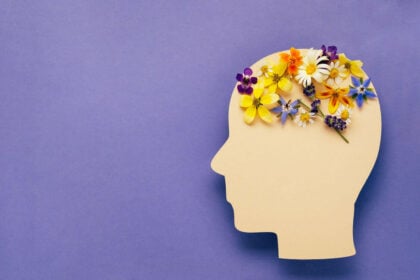Take a picture. Share it. Connect. Social media is great right?
With the increasing dependence on mobile phones, access to social media accounts is instant and can be reached from anywhere. Connecting on social media is an amazing tool to remain in contact with the people you care about. It helps bring people together and strengthen bonds.
It’s also useful for promoting one’s business or brand, especially when connecting with people from a distance.
However, downsides to this dependence do exist.
How has the dependence on mobile phones and social media affected social interactions? In particular, heavy dependence on mobile phone use can lead to increased social isolation.
Scrolling through your phone is effortless and addicting, and it is easy to get sucked into the vortex of social media. In contrast, interacting with strangers or even acquaintances requires effort and thought.
The latter means one’s identity and social skills are put to the test, and as minimal as a social interaction can be, it can be pressuring. This pressure isn’t present when scrolling through the phone, so it is easy to simply depend on the phone and be free of any social pressure.
Resorting to mobile phone use to escape solitude eliminates the need to socialize, therefore cutting down on social interactions.
If that wasn’t bad enough, social interactions aren’t the only things to suffer from heavy social media use.
What is the impact of social media on mental health?
The boom in social media use means people constantly have access to each other’s “picture perfect” photos.
It is easy to conjure up a perfect life on social media pages, and users can portray a false or exaggerated sense of happiness through their posts or photos. The pressure to display a perfect life on social media inevitably leads to comparing oneself to followers. This follower comparison can aggravate feelings of anxiety or restlessness and pressure people to be as “perfect” as the photos they see.
Social media can also “trap” users into an endless loop of pleasure seeking. In other words, users post with the underlying hope of getting positive feedback, and then they feel satisfaction upon receiving said feedback.
This inevitably leaves users wanting more, so they post more and more. Over time, this can turn into an obsession over likes, number of followers, views, and interactions, all of which serve as measurements for one’s “validation”.
It is easy to seek validation or base self worth on these numbers, and all this can incorrectly teach people that their worth lies at the hands of social media. Therefore, it is important to take necessary breaks from social media or simply remain conscious that it shouldn’t overpower one’s life.
Overall, it is important to be aware of the unseen consequences of social media to enjoy it in a safe and controlled manner.






















